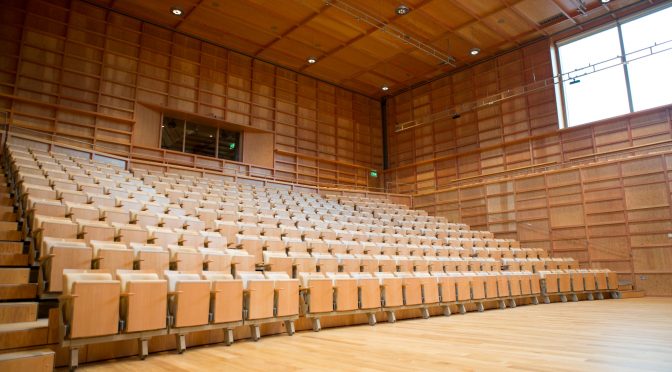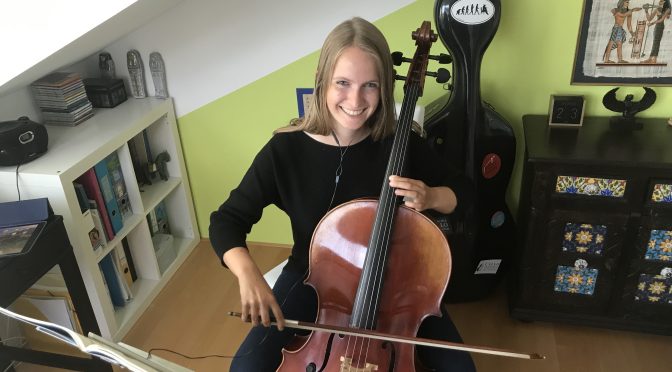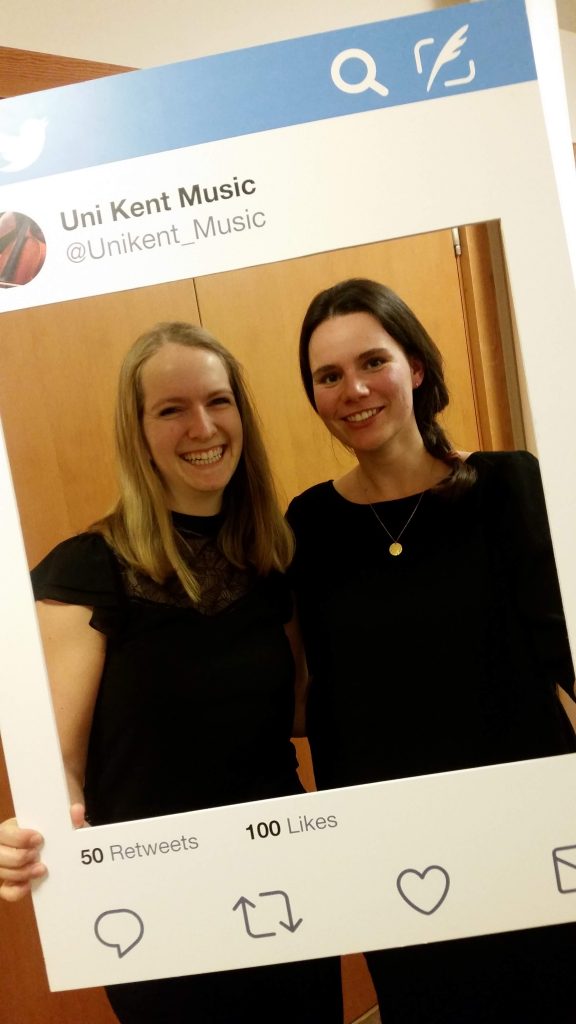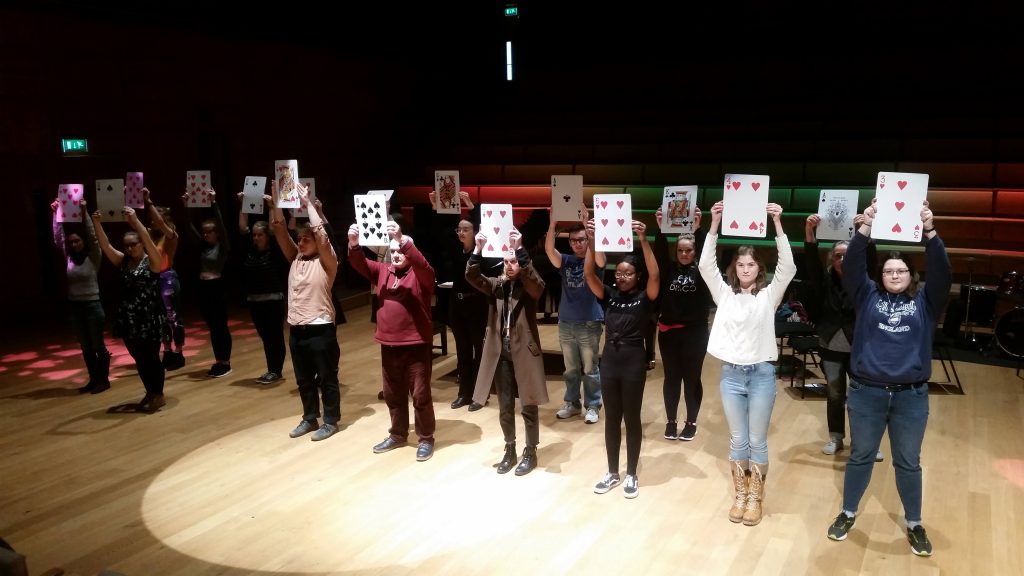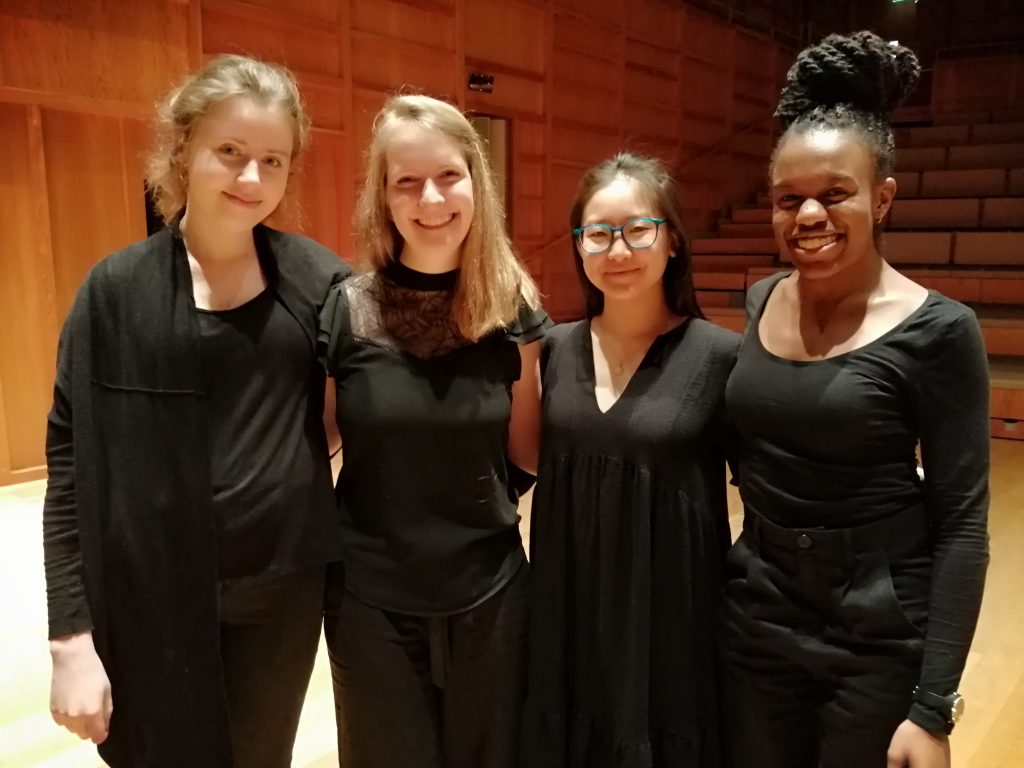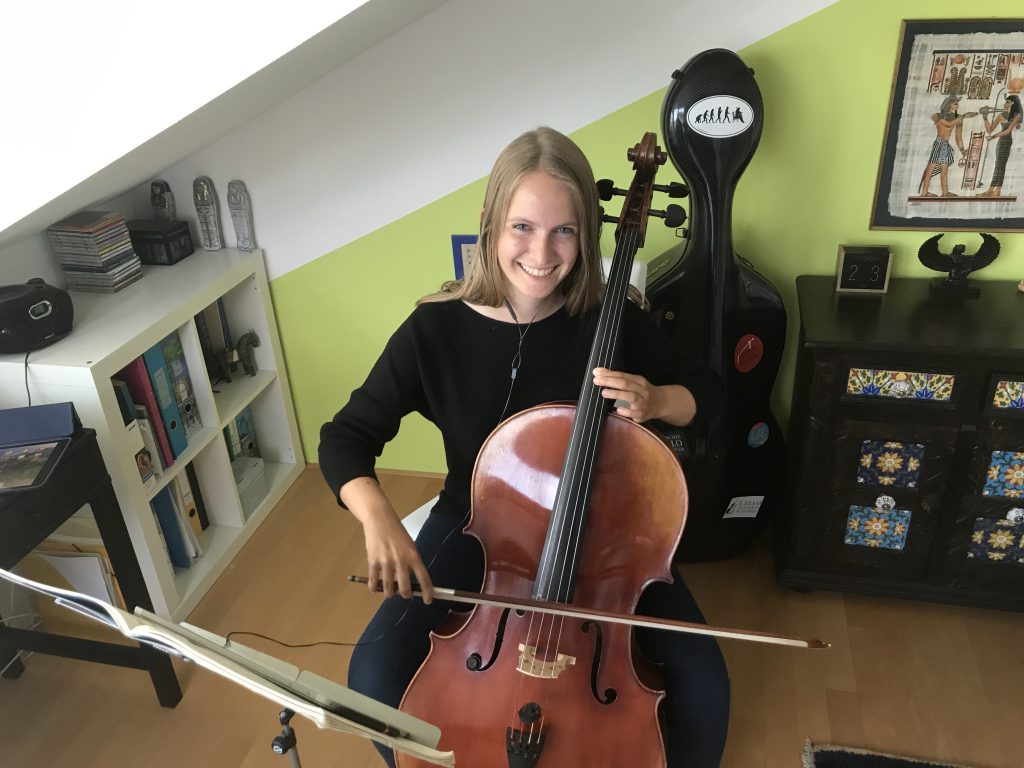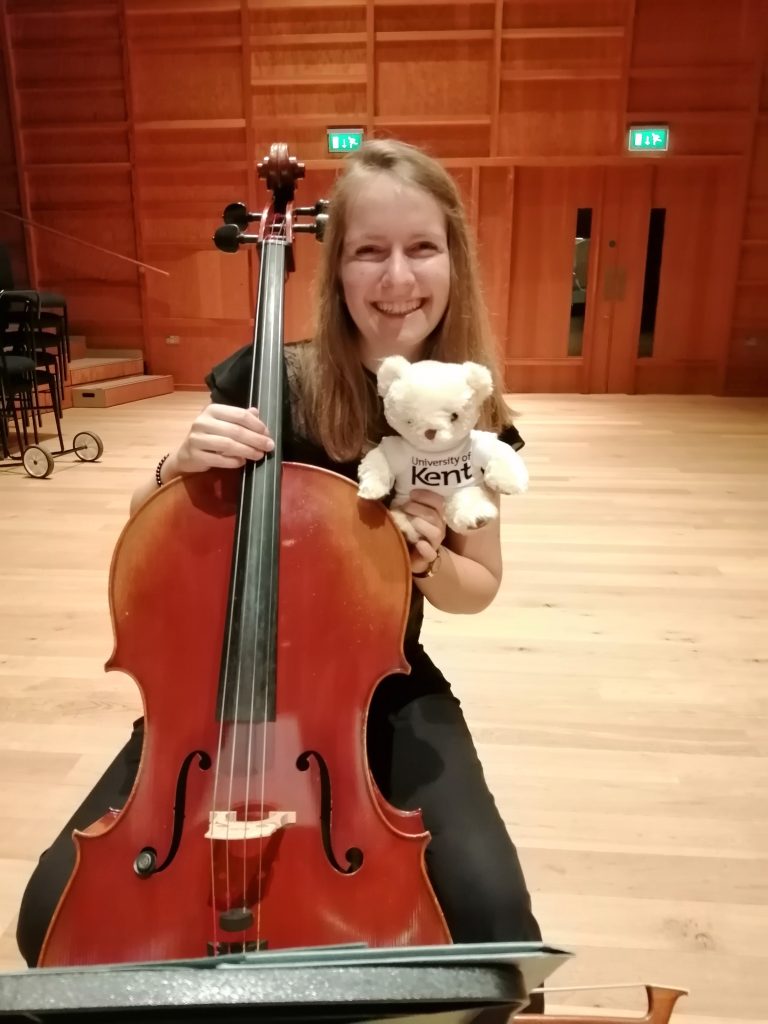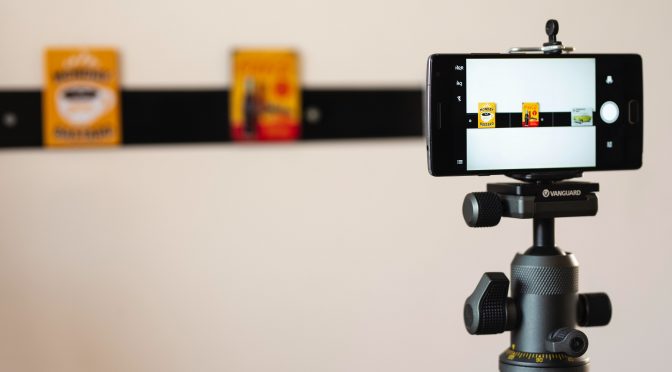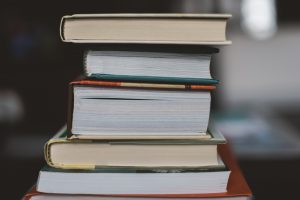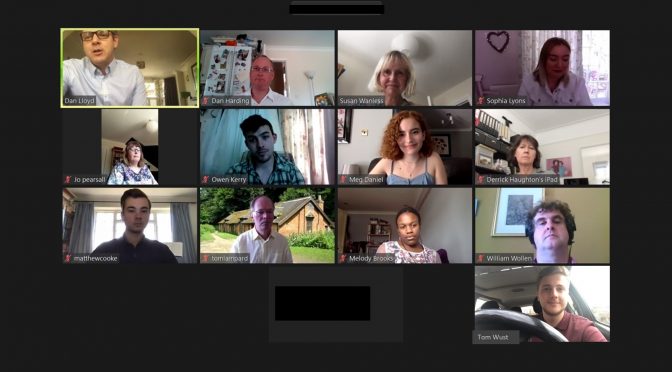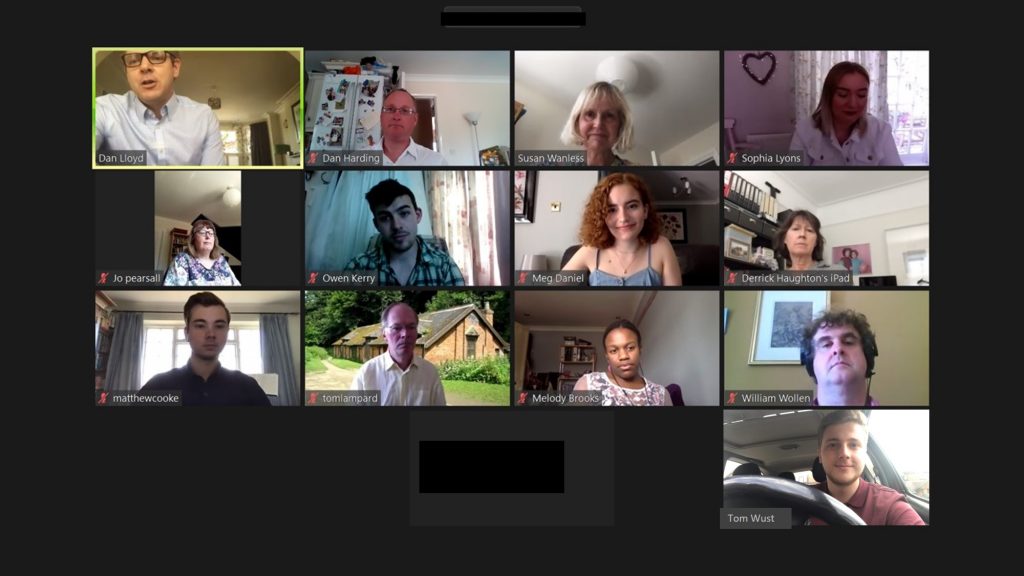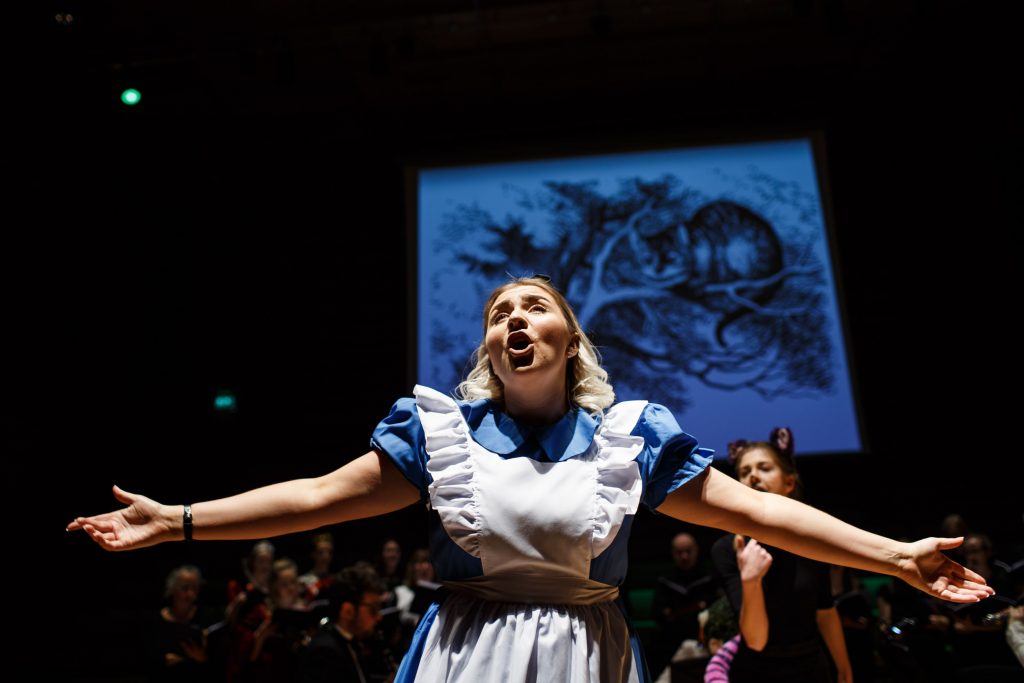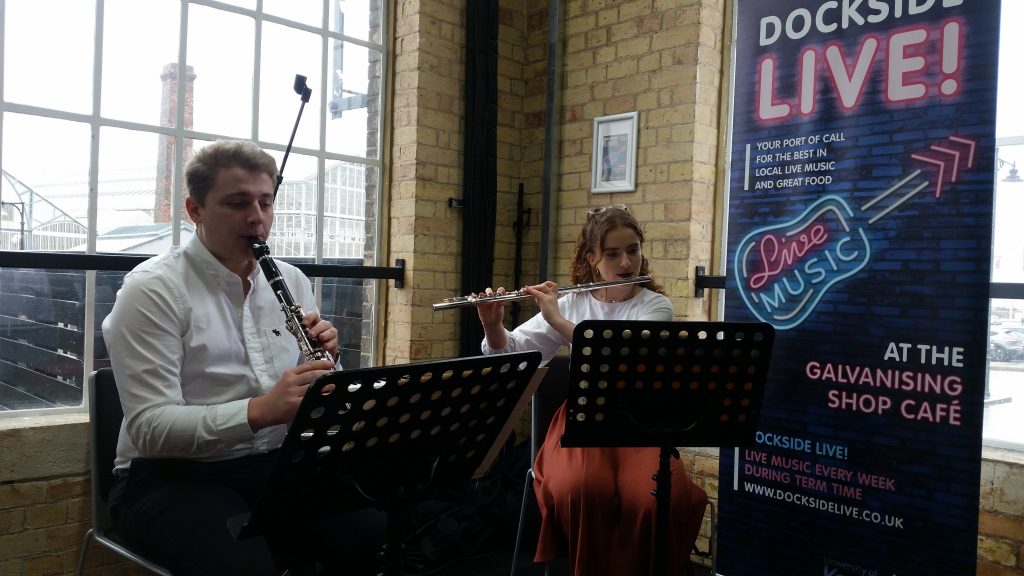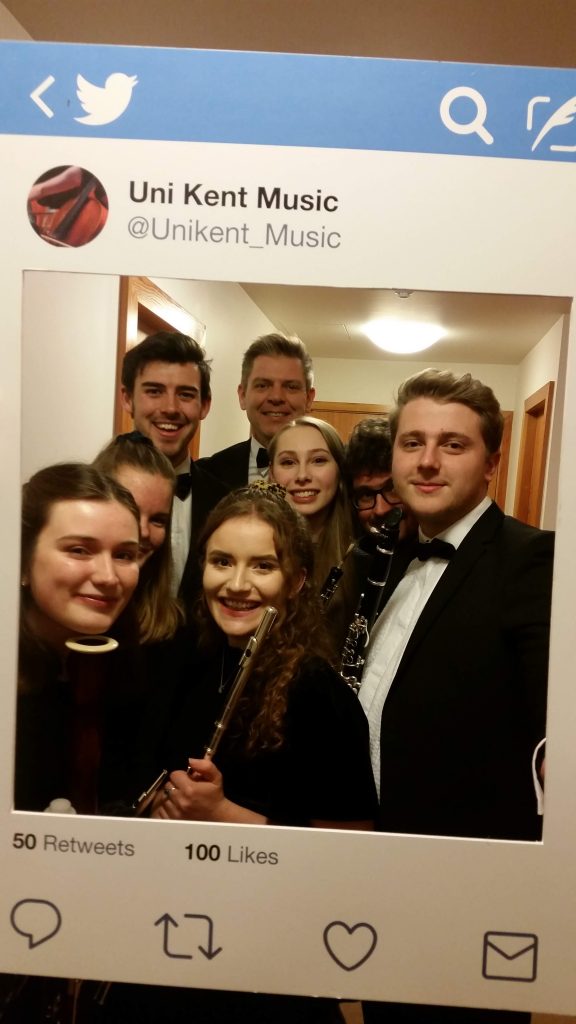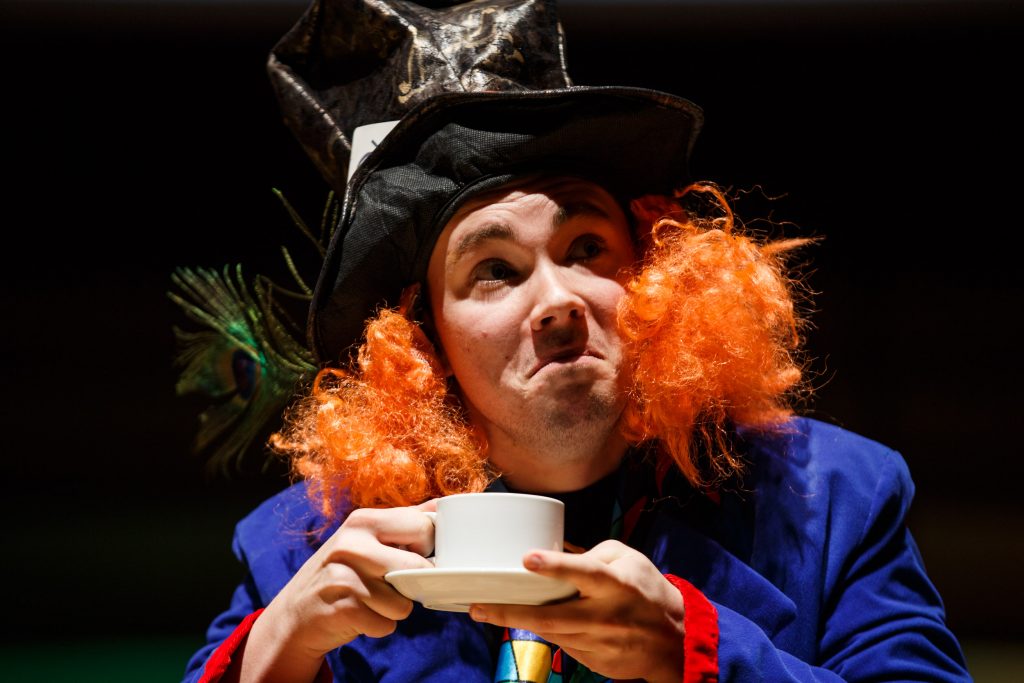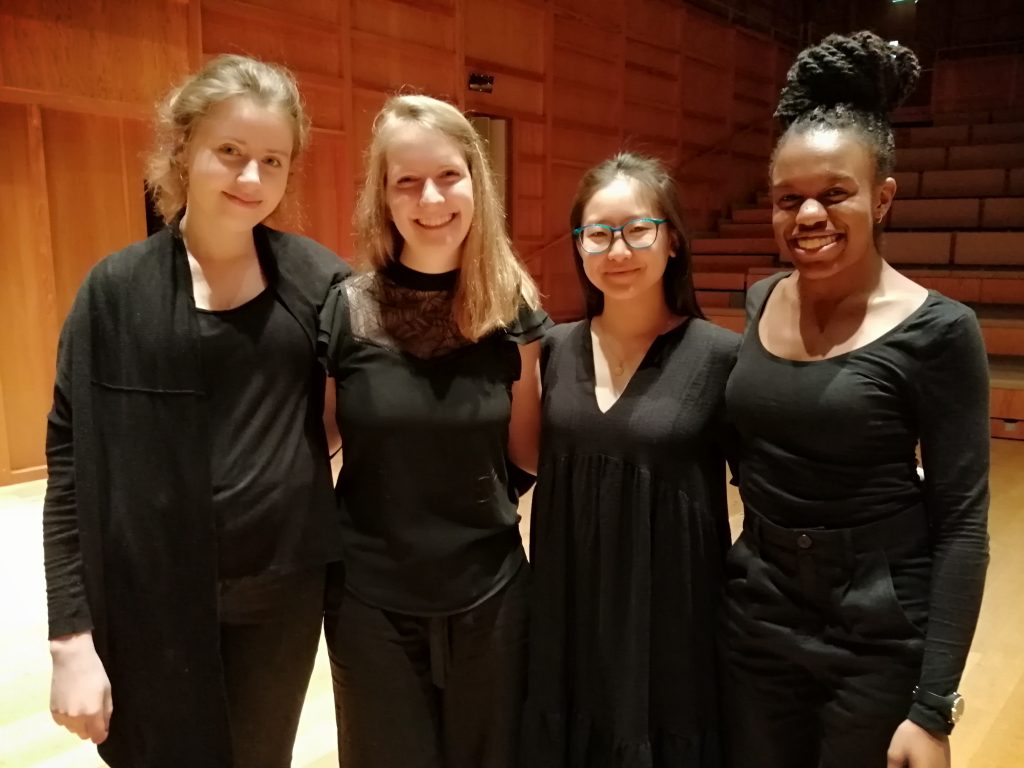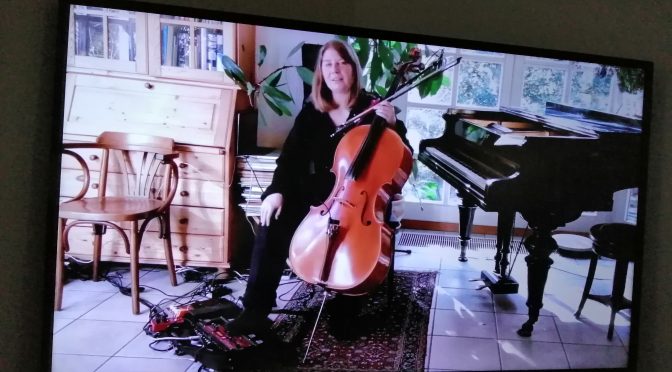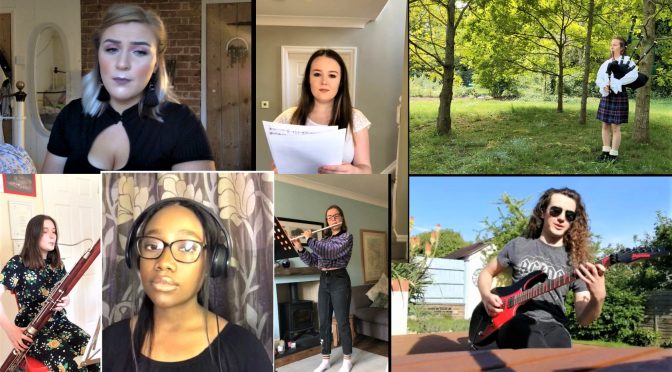Music is usually with us most of the time; on streaming platforms whilst we work, on the radio or mp3 player while in the car, running, cycling; it announces the mood of the film we’re about to watch (usually in the cinema: more likely, on Netflix these days…), or draws the programme we’re watching on television to a close. It identifies particular brands or products in adverts; it accompanies times of celebration, of mourning, enhancing public pageants and private moments.
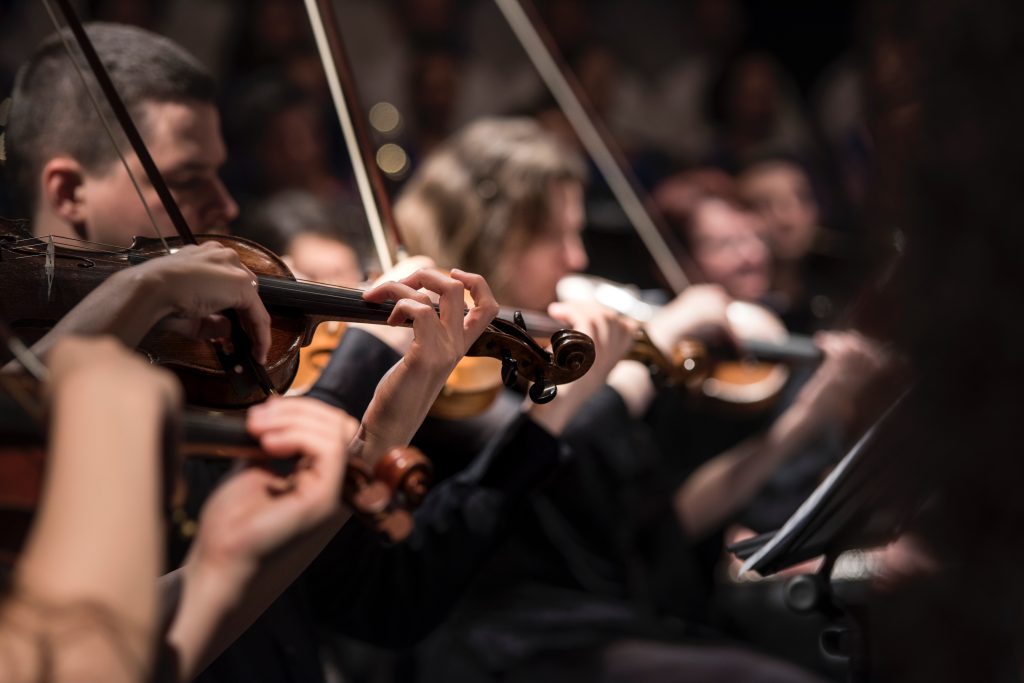
In the current climate of various states of lockdown and social distancing, many of us are finding we need music now more than ever; being deprived of the opportunities to either perform or experience live music is affecting musicians and listeners everywhere. The recent resumption of tiny live concerts from the Wigmore Hall – delivered from behind closed doors with only one or two performers and a skeleton technical staff – and performances from the Royal Danish Opera in Copenhagen and the Bavarian Radio Symphony Orchestra have come as a reviving musical burst of oxygen for many.
We’re all looking for solutions at the moment, that will allow us to keep performing and experiencing music during the current pandemic. We look for models, for ways in which others are responding to the challenge in different, creative ways, to see what we might learn from them; what might work, what might offer the possibility of keeping music alive.
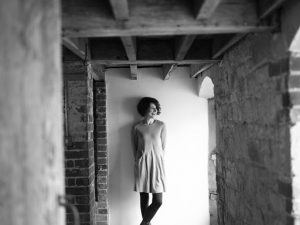
It’s easy to be afraid; traditional models of classical music, in particular, rely on delivering hallowed music in suitable venues. As musician, producer and creative whirlwind Kate Romano put it recently in an impassioned article by Charlotte Higgins in the Guardian, we cling to “the idea that music of high stature has to be performed in buildings of high stature,” a concept that “closes things down and prevents people from thinking about different ways of people hearing music.”
If we can, for a moment, relinquish the idea that audiences need to experience music in traditional venues (a concept looking increasingly untenable as concert-halls, churches and clubs look to be least suited to allowing live musicians and audiences to occupy the same space), and look instead to other spaces that might allow performers and listeners to come together, in whatever shape or form may be possible, things start to get a little more positive. Think, for instance, of the Proms in the Car Park series that began a few years ago, bringing exciting music to a multi-storey car park in Peckham.
Of course, performances benefit from taking place in ideal, purpose-built venues, in concert-halls and opera houses that have been designed especially to enhance acoustic properties, lines of sight, managing people and instruments and all the trappings of concert-giving. And this is not to undermine their importance, especially when they engage and support their local communities. But these venues rely on packing people together – musicians and audience alike – in order to enhance the electricity that derives from (and is necessary to) live performance – and also to maximise ticket sales, to keep venues operating, and musicians, box office, front of house and technical staff paid. And whilst repertoire benefits from being experienced in exactly the right conditions for the ears and (sometimes) the spirit – sacred polyphony in resonant churches, symphonic repertoire in concert halls, jazz quartets on club stages – the current climate is forcing us to consider the need to move outside of these places, if social distancing requires more space between the players and more seats between the audience.
Rather than trying to realise traditional music in spaces that aren’t designed for it, necessitating amplification or the imposition of ways to improve the configuration to avoid a disappointing experience for the audience, composers would instead write more pieces with non-traditional venues in mind.
Most music is written expressly to be performed in dedicated venues (I recall watching a broadcast of Mark-Anthony Turnage’s About Time in which the sonorous opening brass-call came from the players spaced around the tower of Ely Cathedral, in dialogue with the period-instrument orchestra and modern ensemble below). What happens if organisations started commissioning new works especially for performance in unusual spaces; for car-parks, libraries, art galleries ? Rather than trying to realise traditional music in spaces that aren’t designed for it, necessitating amplification or the imposition of ways to improve the configuration to avoid a disappointing experience for the audience, composers would instead write more pieces with non-traditional venues in mind. Initially, it would be about working on the smaller-scale; using different ensembles, spaced to exploit a venue’s characteristics and draw directly upon them rather than trying to get around them.
I realise of course that this isn’t a short-term solution to the problems we’re facing. And some communities are doing this already. But drawing on this approach particularly at this moment might wed musicians, artists, composers and curators closer to their local communities, encouraging collaboration between artists, the places and the communities in which they live in the way that some festivals already work, resulting in a closer creative dialogue between people and place. The danger, of course, of successfully engaging the local community is that the focus of creative groups and organisations becomes somewhat more inward-looking, or locally focused; but it would be important to keep being aspirational, challenging, and with a view to building towards a return to the concert-hall but wielding a new, imaginatively different approach to programming. Having established a loyal, local audience, what you would then aim to do is to take your community audience with you when the time came that those traditional venues reopen. “You enjoyed listening to us HERE; now listen to us HERE as well!” Building up a faithful, local listenership that then follows you into the concert-hall or opera house might help also reassure those involved that the classical canon in general, and the contemporary scene in particular, isn’t always something of which to be afraid. Those local followers might well be the open-minded, open-eared listeners happy to take the risk, especially if they were engaged enough to have come with you through odd venues, unusual spaces with quirky acoustics and perhaps unusual (or even non-existent) seating…
Now’s the time to think about looking to those imaginative ways of presenting music as models for the future, rather than as Novel But Ultimately Forgettable Sidesteps from the Traditional Ways of Doing Things. There is room for both opportunities: for traditional repertoire in customary spaces, and for traditional and imaginative (and new) repertoire capitalising on the novel possibilities afforded by unorthodox spaces. We need to support and develop organisations prepared to take on the challenge.
And, as Kate dryly tweeted in response: ‘Yes. And channel funding into them.’
Even though a rescue package of £1.57bn towards the arts was announced yesterday (and there are still concerns about how that will be implemented, and whether it will support freelancers and grass-roots venues…), the conversation is still intricate, fascinating – and urgent. We need to keep it going.

